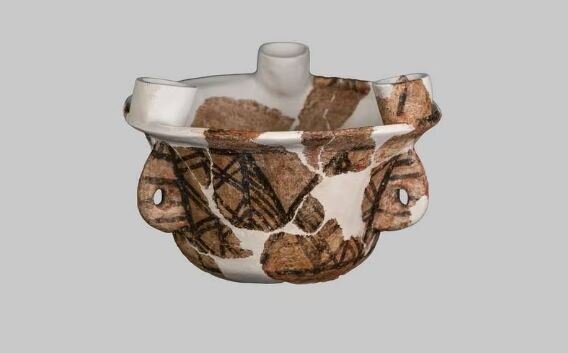25,000 fragments of artefacts from early Islamic era unearthed in Saudi Arabia

Around 25,000 artifact fragments dating back to the early Islamic period (7th to 8th centuries AD) have been unearthed in the historic Jeddah area, revealing a significant archaeological discovery.
The findings were unveiled as part of the Historic Jeddah Revival Project, spearheaded by Saudi Arabia's Crown Prince and Prime Minister Mohammed bin Salman.
The Jeddah Historic District Program (JHDP), in collaboration with the Saudi Heritage Commission, shared details about these archaeological finds, a pivotal element of the initiative designed to rejuvenate cities like Jeddah. Commencing in January 2020, the excavation project centered on key locations such as Othman bin Affan Mosque, Al-Shona, a segment of the Northern Wall, and Al-Kidwah.
This endeavor aligns with the Jeddah Historic District Program's overarching objective to safeguard national antiquities, unveil the Kingdom's diverse history, and position Jeddah as a cultural and tourist hub.
In November 2020, the archaeological survey brought to light substantial artifacts, including pottery shards, animal bones, shells, building materials, glass artifacts, and metal artifacts, collectively weighing 531 kg. These findings make a significant contribution to Saudi Arabia's archaeological legacy.
The excavation at Othman bin Affan Mosque revealed artifacts spanning different historical periods, notably ebony pillars with trade connections traced back to Ceylon (Sri Lanka). Additionally, there were discoveries of ceramic vessels, high-quality porcelain, and fragments dating from the 16th to 19th centuries AD.
Al-Shona, dating back to the 19th century AD, yielded pottery shards from Europe, Japan, and China, while Al-Kidwah exposed parts of the Eastern Moat likely dating back to the late 18th century.
Additionally, tombstones made of Mangabi stone, marble, and granite, featuring inscriptions dating back possibly to the 2nd and 3rd centuries AH, were found, currently undergoing careful examination in ongoing studies.
The comprehensive archaeological studies involved excavations, radiocarbon analysis, soil analyses, geophysical surveys, and scientific examination of artifacts. Furthermore, over 984 historical documents, including maps and drawings, were collected. The collaborative efforts of the Jeddah Historic District Program and the Heritage Commission ensured the documentation, registration, and preservation of these artifacts, now listed in Saudi Arabia's National Archaeological Register and preserved in scientific databases.
(Source: Saudi Gazette)
Leave a Comment